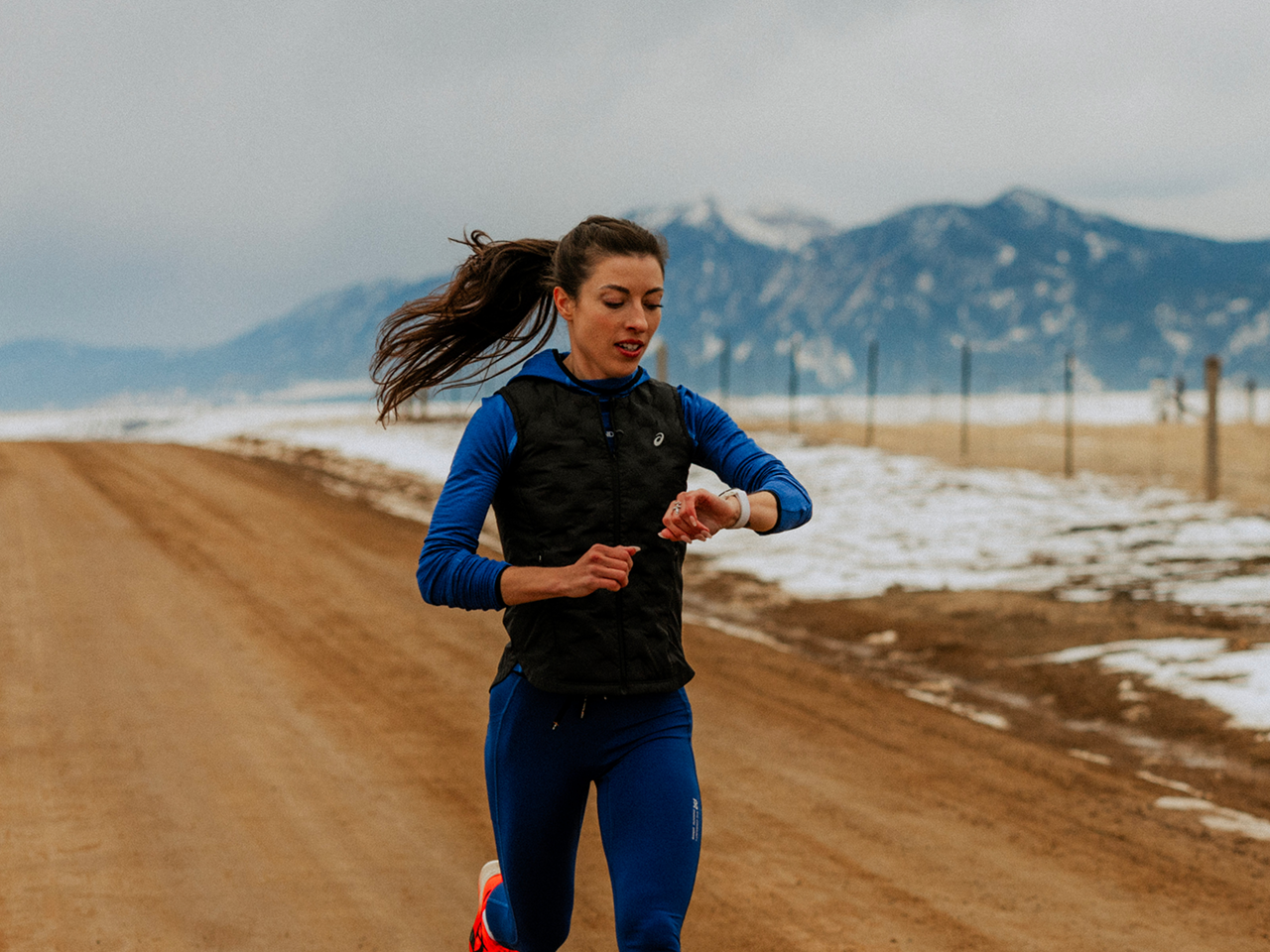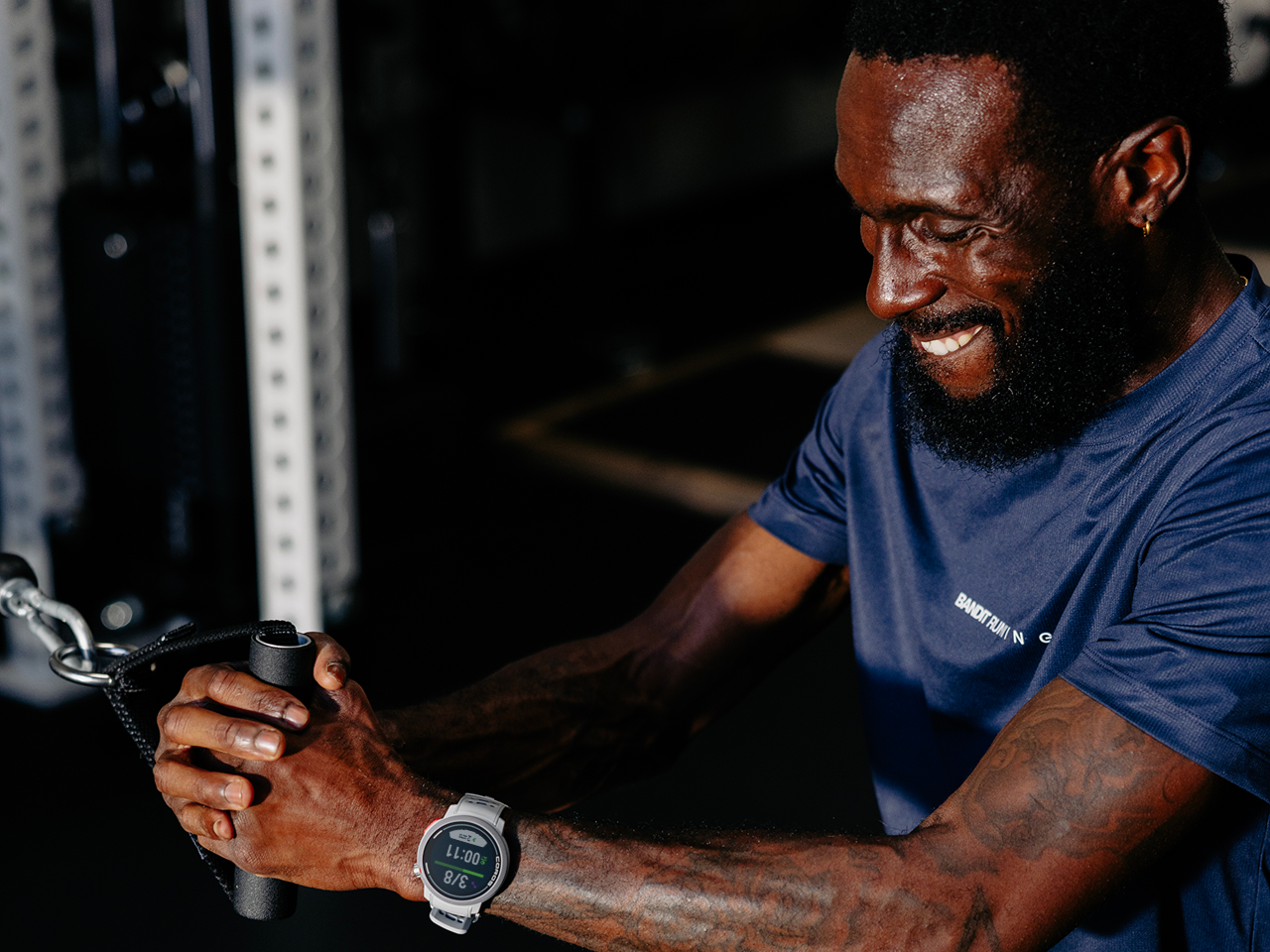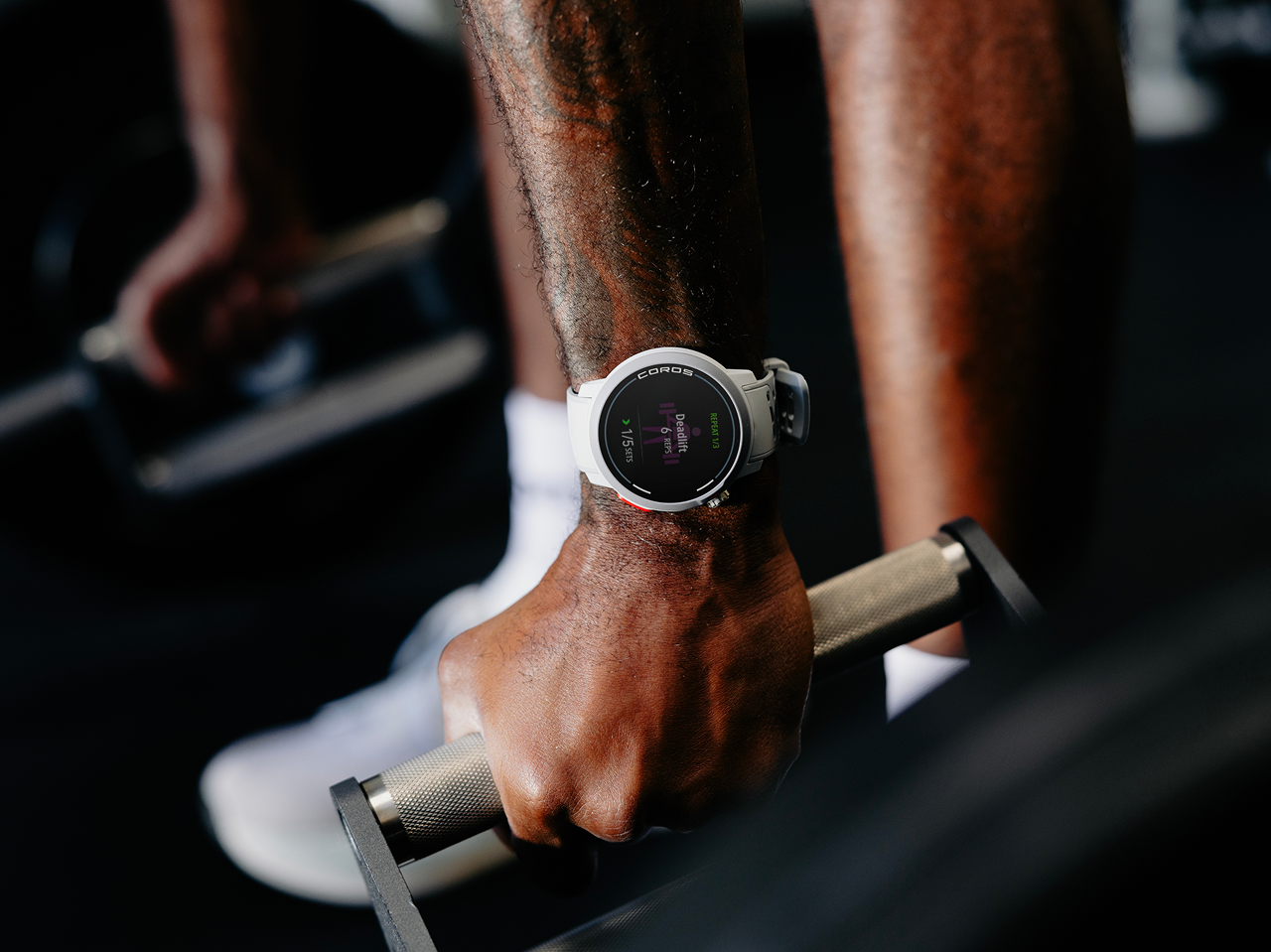When you tell someone you're training for a race, one of the first questions you'll likely hear is, "What’s your goal?" Whether you're gearing up for your very first race or aiming to finish with a personal best, it's important to determine your goal race pace early in your training. But how do you figure out what that pace should be? And once you've identified it, how do you structure your training to ensure you can hit that pace on race day? COROS Coaches help answer these questions and provide a few workouts that you can incorporate into your training routine.
Understand Your Current Fitness Level
Before setting a goal pace, it's important to know where your current fitness level is at. This will heavily influence what a realistic goal and goal pace looks like.
- Recent Races: Reflect on your most recent races. If you've run a 5K, 10K, or even a half marathon, these times can give you a good indication of your potential race pace for longer distances.
- Time Trials: If you haven't raced recently, consider doing a time trial. Run a hard effort over a set distance (like a 5K or 10K) and use this as a benchmark.
- Running Fitness Test: This higher-intensity workout will help to update your Threshold Pace, Threshold HR and HR max. If you are using your threshold zones to train for your race, it will be important that these are updated to match your current fitness level.
Set a Realistic Goal
You can set all kinds of goals for a race—whether it's aiming for negative splits, finishing strong, targeting a specific time, or simply enjoying the experience. But for this blog, we’re going to focus on how to determine a realistic time goal that is challenging yet achievable. Here are a few tips to help you narrow down what your goal should be:
- Research information about the goal race: Take a look at the course, what the weather is typically like, and the elevation of your goal race. A hilly or trail race will require a different pacing strategy than a flat, fast course.
- Race Predictor: EvoLab provides race time and race pace estimates for 5k, 10k, half marathon, and full marathon based on your past 6 weeks’ training via your COROS watch and the COROS app. With this race predictor, you can plan your training strategy accordingly.
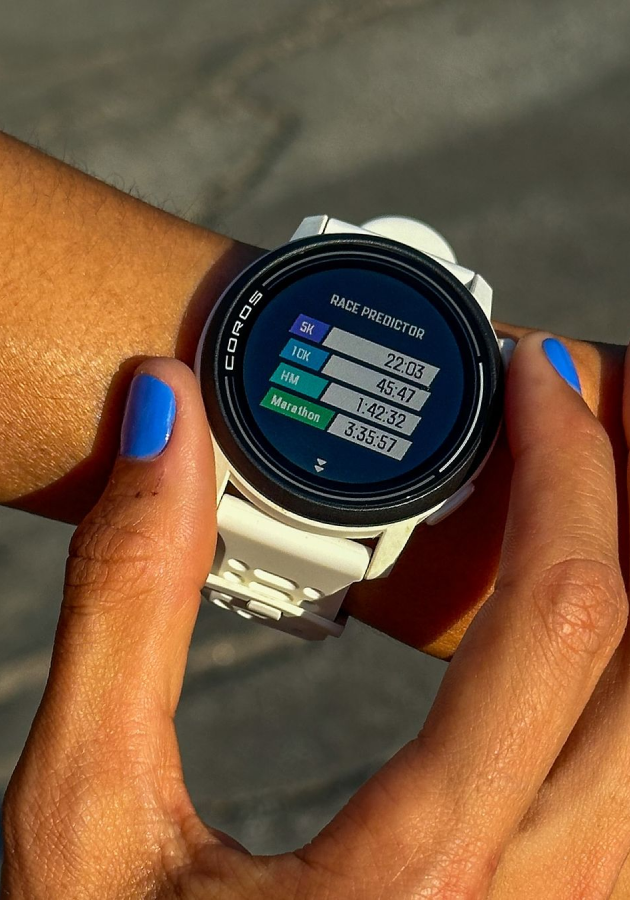
Determine Your Goal Pace
Once you have a realistic goal in mind, you can now focus on what your goal race pace should be.
- For Marathons: Many runners aim to run at a pace they can sustain comfortably for the first 15-20 miles and then push for a strong finish. This pace is often your Zone 2, Aerobic Endurance. Depending on your experience, you may run at the faster end of your Zone 2 and even push a little to your Zone 3, Aerobic Power.
- For Half Marathons: This pace should be faster than your marathon pace but slower than your 10K pace. You should feel comfortable holding it for 2-4 hours. This pace is often your Zone 3, Aerobic Power.
- For 10Ks: This is the distance where you start to challenge yourself. Your goal pace should feel hard but something you can hold for 30-60 mins. This pace is often your Zone 4, Threshold.
- For 5Ks: This is an all-out effort and you typically wind up around your Vo2 max. This distance is hard from start to finish and should be a pace you can hold for 10-30 mins. This pace is often your Zone 5, Anaerobic Endurance.
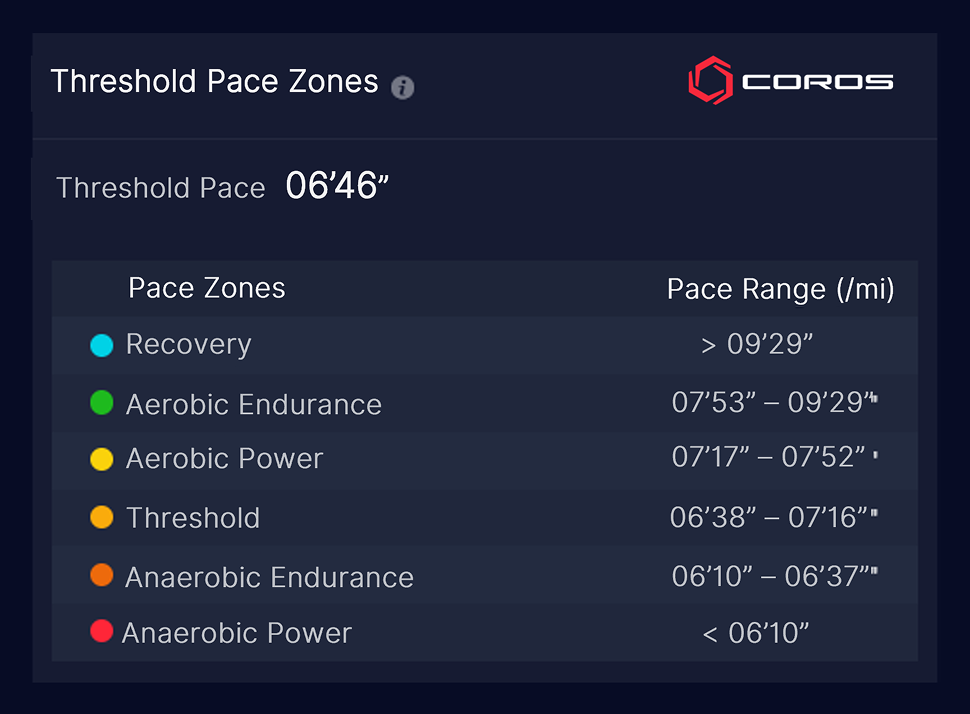
Threshold Pace Zones in COROS Training Hub.
COROS Education: Pacing will look different depending on your experience level. If you want to get a better understanding of what zone your goal pace should fall, take a look at our Pacing Strategy Guide for Roadrunners
Workouts to Help Practice Your Goal Pace
It's important that you practice your goal pace in different types of workouts and environments so that you feel confident when race day arrives. A few of the most common types of workouts are:
Long Run with Goal Pace Work: This type of workout can include goal race pace miles in the middle or at the end of your long run to get used to running your goal pace on tired legs. Check out this video from Des Liden on how tips of how to execute a long run with goal marathon pace intervals.
Progression Run: This type of workout helps you to learn how to start at an easy pace and build your effort to have a strong, fast finish.
Race-Day Specific: Identify a few workouts in your training cycle where you can create a similar environment to race day. You would treat just like race morning and go through all of the motions: pre-race meal, warm up, running at goal pace for a designated distance and even fueling + hydration. If you know that your race is going to have hills, you will also want to include that for your goal pace miles to practice your form but also mental strategy.
COROS Workouts
Here are a few COROS workouts that you can add to your training to help build the strength and endurance needed to hit your goal pace on race day:
Traditional Progression Run: This workout is ideal for half and full marathon plans. It is a traditional progression run where every 20 minutes you will increase your pace to practice negative splits like you would on race day.
Progression Run - Fast Finish: This workout is ideal for half and full marathon plans. After your warm-up, run the first part of this workout at your Aerobic Endurance pace and finish with the last 3-miles at the goal race pace before completing a short cool down. This workout helps practice the race day strategy, negative splits.
Race Pace Intervals - 5k Specific: This workout is ideal for 5k plans and will help focus on your VO2 Max. It is important to jog or even walk the recovery intervals and not try to run at a faster pace.
COROS Education: For longer distances, it's important that you practice your nutrition strategy so that your body gets used to consuming fuel while running faster paces. Learn more here on how to set up a nutrition alert on your watch.

/filters:quality(90)/fit-in/970x750/coros-web-faq/upload/images/98e2c7e4f56dfe6813c9a9cbf044c3ed.png)



